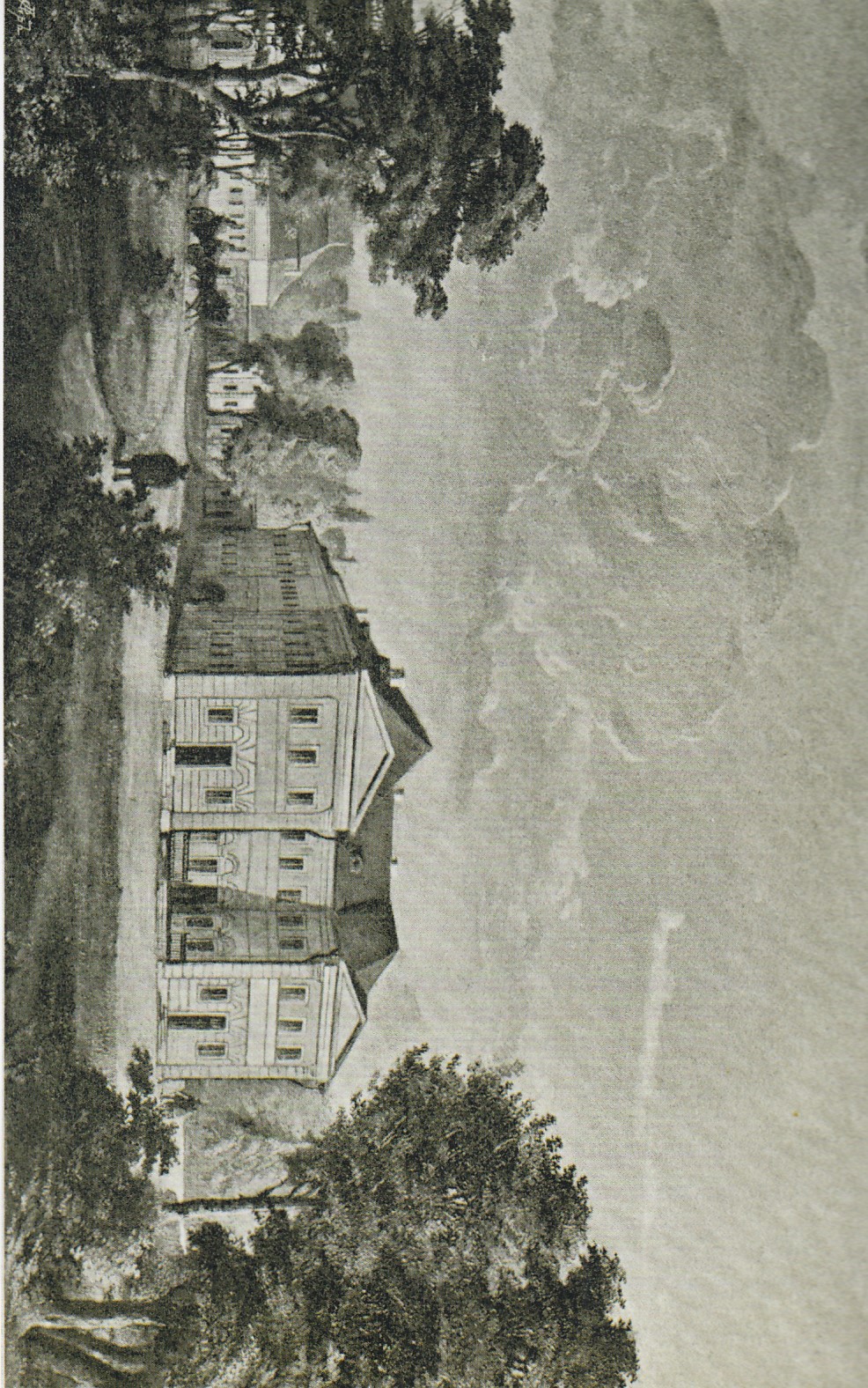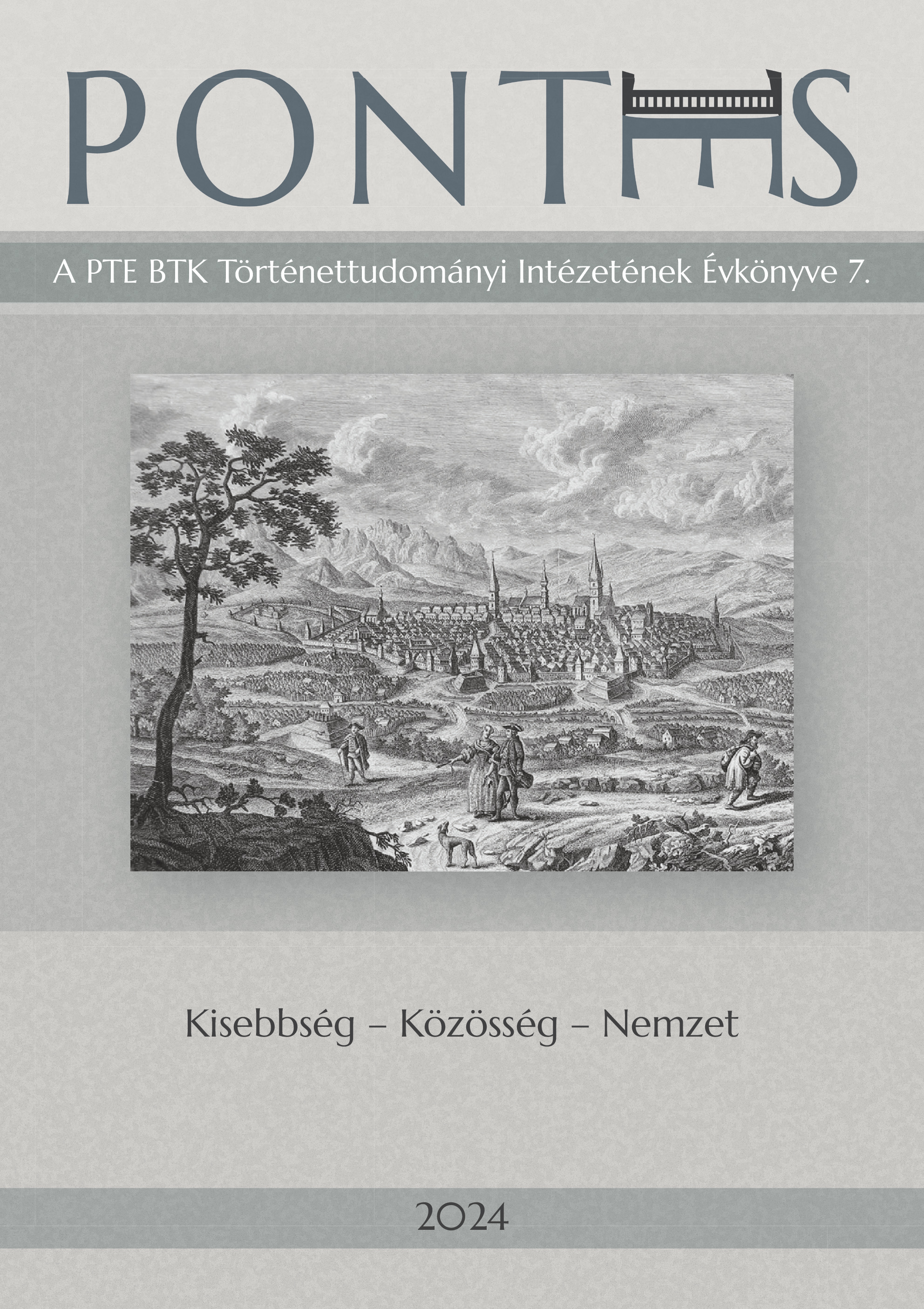„I will reward them for their Efforts”
At the End of a Career: Pensions on the Large Estates of Károlyi in the 19th Century
DOI:
https://doi.org/10.15170/PONTES.2023.06.01.06Keywords:
estate government, pension regulation, Károlyi family, 19th CenturyAbstract
Th e focus of this study is on the retirement of officers of large estates and pension regulations. The pensions have increasingly become part of the career path and employer commitment. At the same time, pensions provided an economic incentive for officers to stay in offi ce, on the other hand, ensured their loyalty to the landlords and their lifelong service. The social side of these measures is also evident, as they imply the provision of care for officers in case of illness or old age. In fact, the insurance also extended to the families of officers, as financial support was available to their surviving widows and orphans, even as the provisions became tighter and more restrictive. I based my analysis on the pension regulations issued by the Károlyi family at different times, and then analysed the evolution of pension payments on the basis of the family’s joint treasury statements. It is clear that the maintenance and payment of pensions was, if not the largest, then a signifi cant investment for the estate government. In later years, the landlords tightened the scope of eligibility precisely on the basis of the size of this expense, until by the second half of the 19th century the landlord had created a pension fund, obliging officers to contribute. Further afield, the employment relationship between large landowners and officers was now a regulated model between worker and employer, established and maintained by the estate government under private law.

Downloads
Published
Issue
Section
License

This work is licensed under a Creative Commons Attribution-NonCommercial-NoDerivatives 4.0 International License.














